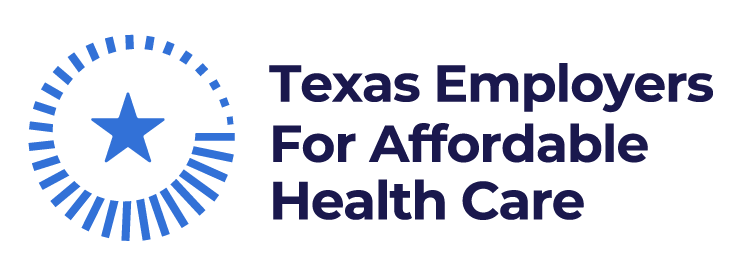Texas Employers for Affordable Health Care (TXEAHC), a nonprofit working to lower the price of health care for the 14 million Texans covered by employer-sponsored health insurance, applauds the progress made in the Texas Legislature towards the elimination of inaccurate or misleading health care billing practices.
Authored by Rep. James Frank (R-Wichita Falls), House Bill 2556 requires health care bills to indicate the specific facility where services were delivered and prohibits providers from charging facility fees – originally intended to help hospitals cover the significant overhead costs associated with operating a hospital or hospital-owned outpatient facility – for telehealth or preventive care. Last Thursday, the House Committee on Public Health voted to send the legislation to the consideration of the full House.
“Employers would love to be able to protect their employees from these unexpected, high fees,” said Chris Skisak, PhD, executive director for TXEAHC. “HB 2556, along with its companion in the Senate, SB 1232 — is critical to ensuring Texans are only paying for the actual services they receive, where they receive them.”
TXEAHC encourages the House to pass HB 2556 and the Senate Committee on Health and Human Services to advance Senate Bill 1232, Sen. Kelly Hancock’s (R-Tarrant County) companion bill, giving Texans confidence that they are only paying for the health care that they use.
Other legislative priorities for TXEAHC include:
- Fund the Texas All-Payer Claims Database – Approve UTHealth Houston’s $10 million budget request to fully establish and maintain the database and public access portal, allowing the Center for Health Care Data to conduct the research necessary to produce required reports on health care pricing, resource use, and quality information for policy makers, purchasers, and consumers. A fully-funded APCD would also allow other qualified researchers to conduct research that could improve the cost, quality, and delivery of health care in Texas.
- Establish the Health Impact, Cost, and Coverage Advisory Committee, which would use the APCD to develop detailed cost/benefit analyses of legislation that would regulate health insurance plans and assess insurers for this impact, helping to fund the APCD (HB 138, Dean and SB 818, Bettencourt).
- Promote competition – Require all entities in the health care industry – including providers, facilities, insurers, and pharmacies – to have transparent ownership (SB 1595, Hancock and HB 4408, Dean). Additionally, give the Attorney General the information necessary to enforce the law and prevent anti-competitive behavior (HB 2747, Frank).
- Encourage smart shopping – Allow employers to inform employees about provider quality and incentivize high value care (HB 1959, Frank and SB 926, Hancock). Provide meaningful price estimates so patients don’t get surprise bills (HB 251, Harris-Davila and SB 1219, Hughes). Allow pharmacists to inform patients about opportunities to save money on prescription drugs (SB 493, Kolkhorst).
